Braden Cobb: Transforming Financial Literacy in Singapore’s Classrooms
Braden Cobb, an innovative educator at Chatsworth International School in Singapore, has won the Best Teacher award at the highly competitive Money Awareness and Inclusion Awards (MAIA) 2024. Cobb’s project, Kidz Economy, stands out for its unique approach to integrating financial literacy into primary education, making a significant impact on young students’ understanding of money management.
 “Braden Cobb’s work with Kidz Economy truly impressed us,” says Trudi Harris, co-founder of the MAIAs. “His creative approach to teaching financial literacy in a classroom setting demonstrates exceptional dedication and innovation.”
“Braden Cobb’s work with Kidz Economy truly impressed us,” says Trudi Harris, co-founder of the MAIAs. “His creative approach to teaching financial literacy in a classroom setting demonstrates exceptional dedication and innovation.”
Target Community: Engaging Young Learners
Kidz Economy focuses on primary school students, from Year 1 to Year 6. This age group often lacks foundational financial education, and Cobb’s programme addresses this critical gap. By introducing financial concepts early, Kidz Economy helps children develop a lifelong understanding of responsible money management.
“My goal is to ensure every child receives relevant financial education from the start,” says Braden Cobb. “Starting early is crucial, as primary students can grasp foundational financial concepts more effectively.”
Making Money Accessible and Beneficial
Kidz Economy makes financial education both implicit and explicit within the classroom. Students earn money through classroom jobs, which they can invest and grow. This money is used in monthly auctions, creating an incentive for students to perform well. They are rewarded with ‘stocks’ for demonstrating skills and attributes, which they can trade and manage in a classroom stock market. This system not only teaches children about money but also encourages positive behaviours.
“The children manage the stock market and adjust prices daily. It’s fascinating to see how their behaviour changes when certain stocks become valuable,” explains Cobb. “For example, if the ‘caring’ stock is high, suddenly everyone is going out of their way to be more caring.”
Innovation and Impact
Kidz Economy is innovative in its practical, hands-on approach to financial education. The programme includes a variety of activities, such as managing a stock market, investing in bonds, buying classroom ‘real estate,’ and starting businesses. These activities create a risk-free environment where students can practise financial skills and learn from their mistakes.
“The beauty of this programme is that it makes learning about finance fun and engaging,” says Cobb. “Students are not only learning essential financial skills but are also applying them in a simulated economy.”
The impact of Kidz Economy is evident in the positive feedback from students and parents. One parent, a university professor, remarks, “My child should share the knowledge she has learned with her parents… seriously!”
Another parent adds, “It has been an awesome experience for us as parents too when the child totally unexpectedly starts talking about investment in stocks, taxes, etc.”
Closing the Gender Gap
While Kidz Economy’s primary goal is universal financial literacy, it also contributes to closing the gender gap. The programme promotes skills such as collaboration, risk awareness, and delayed gratification without gender bias, ensuring all students have equal opportunities to develop crucial financial skills.
“Our simulation activities do not differentiate based on gender, fostering an inclusive environment,” Cobb notes. “As a result, girls and boys develop financial skills on an equal footing.”
Accessibility and Awareness
To enhance accessibility, Kidz Economy uses inclusive teaching methods that accommodate different learning styles. The programme provides both digital and non-digital resources, ensuring all students can participate. Additionally, a free self-paced online course is available at kidzeconomy.com, allowing students to continue their learning at home.
“I’ve created a comprehensive, plug-and-play curriculum that any teacher can use, regardless of their level of financial literacy,” says Cobb. “This approach supports effective curriculum delivery in other classrooms, empowering educators and allowing students to grow.”
Looking Ahead
Braden Cobb envisions expanding Kidz Economy to reach more students and schools. He aims to develop an app that simulates the classroom economy, enabling students to engage in a virtual economy and apply their learning in a self-paced, interactive environment.
“We’re excited about the future of Kidz Economy as it helps answer a central problem of financial literacy, of how we keep asking teachers to do more, particularly in a subject they may not be comfortable teaching,” says Michael Gilmore, co-founder of the MAIAs. “By integrating it into the fabric of the classroom, this may even make more time for teachers, which has to be a huge additional benefit.”
